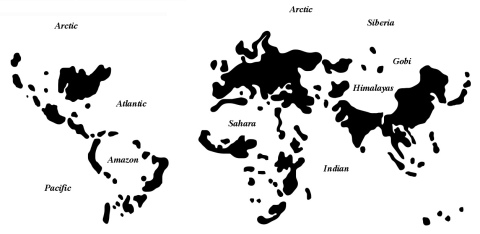Who you gonna believe, me or your own eyes?
October 26, 2012 § Leave a comment

The 1979 Conservative manifesto barely mentioned privatisation, or denationalisation, as it was sometimes called. In 1968, when an internal party think-tank called the public sector of industry ‘a millstone round our necks’ and proposed some sell-offs, Thatcher was sceptical. ‘One could not have two rival enterprises,’ she said, ‘seeking to sell electricity in competition one with another.’ Littlechild disagreed. And in the ferment of the 1979 election victory theorists like himself saw a rare chance to test their ideas in a real, live, industrial society of fifty million people. In October 1981 he published a paper in the house journal of the radical free-market think-tank the Institute of Economic Affairs called ‘Ten Steps to Denationalisation’. Appearing alongside articles with such titles as ‘Why Recession Benefits Britain’ and ‘The Tumbril and the Classroom’, Littlechild’s proposals would have seemed to most politicians and business people of the time like the ravings of a revolutionary dreamer. As the mainstream right talked warily of selling off parts of the steel industry, Littlechild jumped ahead to what few others imagined could be the future: to the privatisation of the railways and the Post Office. ‘What the Post Office needs,’ he wrote, ‘is an imaginative asset stripper.’
His most extreme ideas, by the standards of the day, were about electricity. In Britain at that time electricity was produced and distributed by a state organisation with a no-nonsense Attlee-era moniker, redolent of brown paper envelopes and blotched stencils and corridors smelling of disinfectant: the Central Electricity Generating Board, the CEGB. Littlechild suggested splitting the National Grid off from the power-generating side of the CEGB, privatising regional electricity boards, letting private companies build power stations to compete with the state, and forcing the CEGB to sell or lease its coal and nuclear plants. It turned out these were not dreams, but prophecies packaged in an implementable plan; all were to come about within a decade. read more
MAP: after William Bunge
Leave a comment